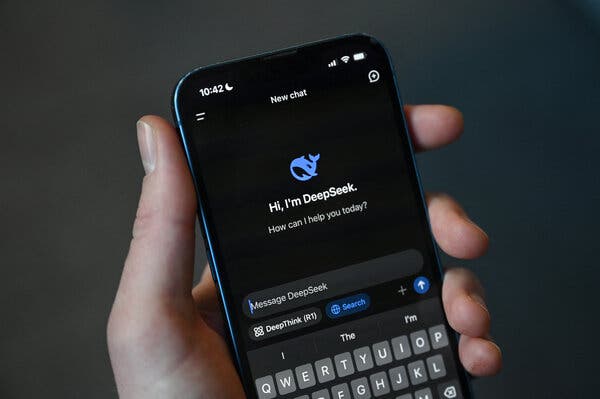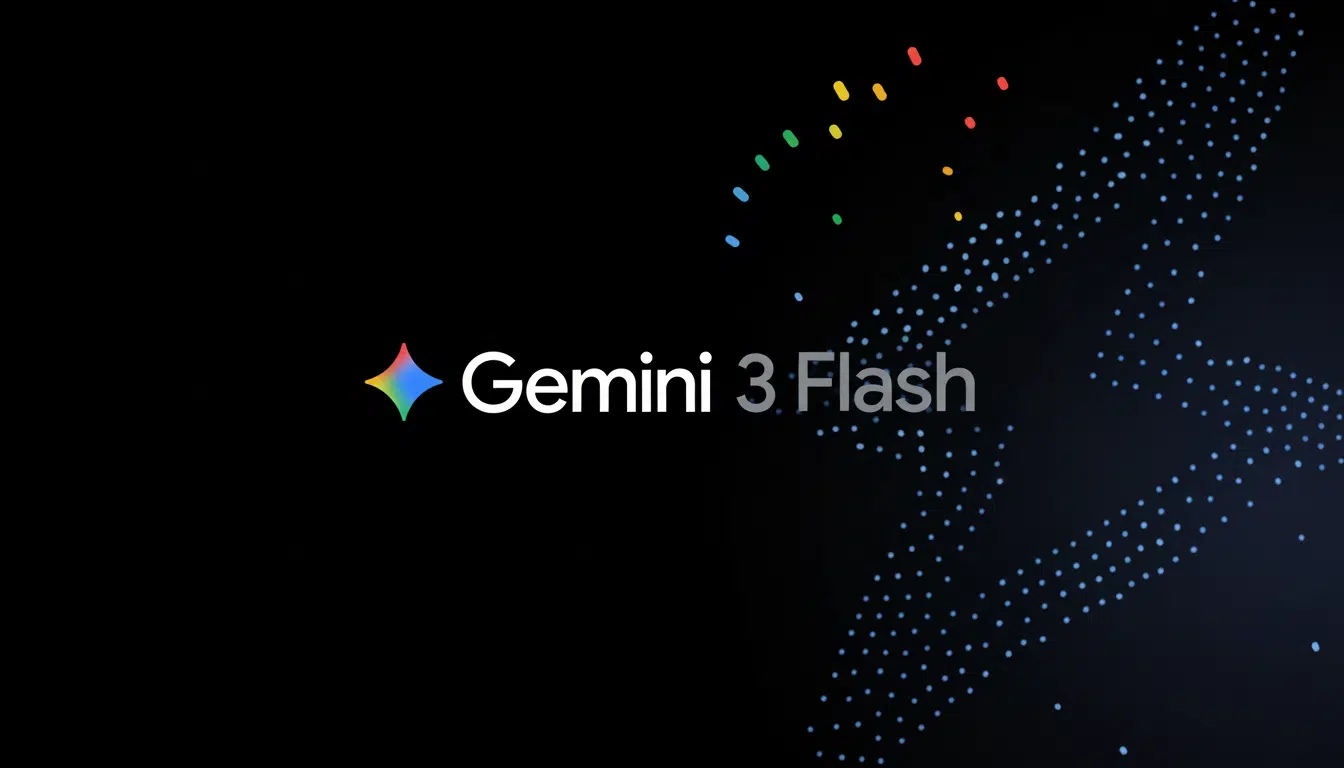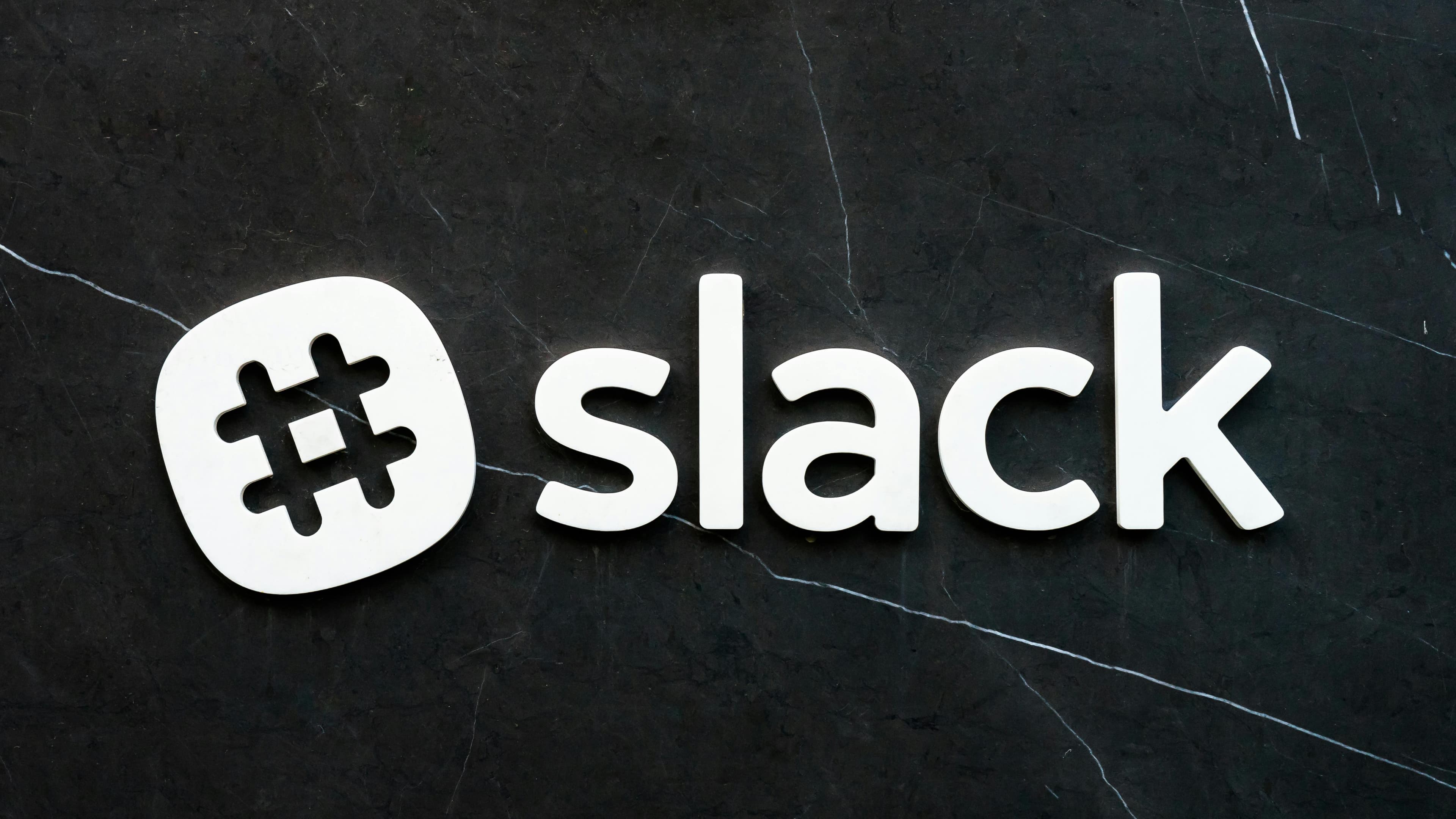The world of writing has undergone a seismic shift in recent years. What was once a domain dominated by pen, paper, and word processors is now complemented—and often propelled—by artificial intelligence (AI). From brainstorming topics to generating entire manuscripts, AI writing assistants are shaping how we create content. Tools like ChatGPT and Claude have commanded much of the public’s attention and headlines, offering unprecedented capabilities to generate text on demand, refine copy, and even mimic an author’s style.
Yet, amidst these AI giants, another player from China has emerged with a quieter yet powerful presence: DeepSeek. Though it doesn’t always garner the same level of global press coverage, DeepSeek is becoming the go-to solution for professional writers seeking efficiency, precision, and scalability. Whether you’re drafting a lengthy novel, compiling a technical manual, or producing marketing copy, DeepSeek promises a more streamlined approach that stands out in cost, accuracy, and range of capabilities.
As such, we’ll explore why DeepSeek is, in many ways, a superior choice for modern writers. We’ll dive into its cost-effectiveness, technical precision, compliance features, and more. By the end, you’ll have a clearer understanding of how DeepSeek stacks up against its better-known competitors—and why it might just be the AI writing assistant that transforms your work.
1. Cost-Effectiveness: Democratizing AI for Writers
One of the most pressing concerns for writers and content creators is budget. Professionals may have access to enterprise solutions, but many independent authors, small businesses, and freelancers operate on limited funds. AI, for all its power, can be prohibitively expensive—unless you’re using DeepSeek.
DeepSeek’s pricing model is designed to be inclusive. Instead of locking advanced features behind steep subscription tiers, it offers a free usage tier for personal projects, ensuring that even those on a shoestring budget can experiment with and benefit from AI-driven writing. For enterprise clients, DeepSeek’s pricing structure remains a fraction of what competitors charge, making it an attractive solution for larger-scale operations.
API costs: A standout metric is DeepSeek’s API cost of \$0.48 per million tokens. By comparison, ChatGPT comes in at around \$18 per million tokens, while Claude charges \$15 for a similar volume. This price difference can add up quickly, especially for high-volume users who generate large amounts of text for manuscripts, blogs, or academic papers.
Training efficiency: DeepSeek employs a Mixture-of-Experts (MoE) architecture that activates only 37B parameters per query. When contrasted with ChatGPT’s dense 1.8T-parameter model, DeepSeek’s approach reduces computational overhead by a staggering 90%. This efficient architecture isn’t just about speed; it translates to real, tangible savings for end-users.
With cost being a significant barrier to AI adoption, DeepSeek’s affordability is a critical differentiator. It broadens access to AI, making powerful text-generation and editing tools available to indie authors, small marketing agencies, and even educational institutions where budgets need to be stretched. This democratizing effect fosters a more diverse pool of AI-assisted writing, benefiting industries that might otherwise be priced out of cutting-edge technology.
2. Technical Precision: Structured, Task-Oriented Outputs
While affordability is a major advantage, accuracy and logical coherence are equally important, especially for writers in technical, academic, or research-heavy fields. A marketing copywriter might want snappy headlines and brand-consistent language, but a technical writer or an academic researcher needs absolute precision. This is where DeepSeek truly shines.
Benchmark performance: According to various tests, DeepSeek outperforms ChatGPT and Claude in generating well-structured outlines, achieving a 97% success rate in logical puzzles and an 89% accuracy rate in code generation. When you’re working on complex, multi-layered content—like a software user guide or a scholarly article—these metrics matter. A higher success rate in maintaining logical flow and factual consistency translates to fewer revisions and less time spent cleaning up AI-generated drafts.
Domain-specific optimization: DeepSeek’s MoE architecture allows different “experts” within the model to specialize in niches. For instance, if you need to draft a legal document, the AI can activate a “legal expert” within its architecture to produce text consistent with standard legal language and formatting. The same concept applies to scientific research, medical documentation, and more. This specialization reduces the “generic filler” often found in AI outputs, ensuring your content remains sharp and on-point.
Example: When tasked with outlining an article on AI ethics, DeepSeek provided well-defined sections on legal frameworks, case studies, and mitigation strategies. In contrast, ChatGPT’s output for the same query leaned toward more generic headings and less in-depth structure. This level of detail is invaluable for writers who demand a high degree of specificity and reliability in their work.
3. Ethical and Regulatory Compliance: Safe, Transparent Content
As AI-generated content proliferates, concerns about bias, misinformation, and legal compliance have come to the fore. This is especially relevant in fields like healthcare and finance, where the margin for error is slim and ethical guidelines must be strictly followed. DeepSeek addresses these issues head-on.
Bias mitigation: The developers behind DeepSeek have placed a strong emphasis on fairness and transparency. While ChatGPT and other large language models have faced criticism over biased or misleading outputs, DeepSeek’s architecture includes specialized filters and guidelines aimed at reducing harmful or skewed responses.
Localized compliance: Another area where DeepSeek distinguishes itself is its adherence to China’s strict data laws. Given its origin, DeepSeek was designed to navigate these regulations effectively. It features dynamic filters for sensitive terms and dialect recognition, which is particularly useful for content targeting Asian markets or dealing with region-specific regulations.
While Claude also has an ethical framework in place, it doesn’t offer the granular control that DeepSeek does. For global teams producing content across multiple jurisdictions—especially those in the Asia-Pacific region—DeepSeek provides an edge in ensuring region-specific compliance without sacrificing efficiency.
4. Language Fluency: Mastery of Nuance and Context
The global nature of content creation demands AI tools that can juggle multiple languages and cultural nuances. ChatGPT and Claude are strong in English, but can falter in more complex linguistic contexts—especially Chinese. DeepSeek, on the other hand, is built on a foundation of Chinese language mastery.
Cultural nuance: Trained on a massive dataset comprising 800GB of Chinese-specific text—ranging from classical poetry and idioms to modern legal and policy documents—DeepSeek can seamlessly generate culturally aligned content. Its reported 98.6% accuracy in government use cases highlights its ability to handle sensitive, formal language with precision.
Multilingual efficiency: While DeepSeek is strongest in Chinese and bilingual tasks (Chinese-English), it can still handle various other languages. The difference, however, is in how it approaches translations and cross-cultural content. By leveraging its bilingual training framework, DeepSeek is often better at preserving cultural subtleties than ChatGPT, which tends to rely on more literal translations.
Example: When tested with translating a marketing slogan into Chinese, DeepSeek retained cultural references and idiomatic expressions that aligned well with Chinese cultural norms. ChatGPT’s output was accurate but noticeably more literal, losing some of the original marketing flair that could resonate with a Chinese audience.
For writers focused on cross-cultural or multilingual projects—be it product localization, international marketing, or academic collaborations—DeepSeek offers a more nuanced approach. It doesn’t just translate words; it captures context, idioms, and the heart of the message, ensuring your content resonates with local audiences.
5. Customization and Integration: Tailored Solutions for Writers
In an age where one-size-fits-all solutions rarely suffice, DeepSeek’s modular and open-source design stands out. Writers have different needs: some may want a simple grammar checker, while others require a fully integrated editorial system that aligns with a specific style guide. DeepSeek’s flexibility caters to this spectrum of needs.
Fine-tuning: For developers and publishers looking to maintain a consistent voice or adhere to specific style guidelines, DeepSeek offers robust fine-tuning capabilities. You can retrain the model using proprietary datasets—such as a publishing house’s stylebook or an academic institution’s preferred formatting. ChatGPT does allow customization to some extent, but it’s often restricted by OpenAI’s internal guidelines and more rigid update cycles. DeepSeek, by contrast, gives users more granular control over the final output.
Enterprise integration: DeepSeek’s APIs easily integrate with popular CMS platforms, CRM systems, and collaboration tools such as Notion. This seamless connectivity means editorial teams can incorporate DeepSeek’s capabilities directly into their workflows, from early drafts to final publication. By automating repetitive tasks (like generating meta descriptions or performing quick fact-checks), teams can optimize their writing processes.
ChatGPT’s adaptability is notable and has garnered acclaim, but DeepSeek’s open-source ethos and modular design take customization to another level. When you require a specialized writing pipeline, whether for technical documentation or creative writing projects, DeepSeek acts like a Swiss Army knife—versatile and ready to tackle specialized tasks.
6. Speed and Scalability: Writing at the Speed of Thought
Productivity is the name of the game for most professional writers, especially those juggling multiple projects and tight deadlines. If your AI tool can’t keep up with your pace, it becomes more of a hindrance than a help. DeepSeek’s architecture was built with speed and scalability in mind.
Response time: DeepSeek generates about 87.5 tokens per second, slightly behind ChatGPT’s 100 tokens per second. However, in structured tasks requiring more complex logic, DeepSeek tends to maintain higher accuracy, resulting in fewer rework cycles. When you factor in the time saved on revisions, DeepSeek can be more efficient overall.
Long-context handling: One of DeepSeek’s standout features is its capacity to handle up to 128K tokens in a single prompt. This is particularly useful for novelists dealing with long chapters or researchers synthesizing extensive reports. While Claude supports up to 200K tokens in theory, its slower response time—averaging about 1.0 seconds per token versus DeepSeek’s 1.14 seconds—can become noticeable in real-time collaborations.
Moreover, Claude’s lack of seamless coding integration might limit how it can be used for real-time team projects that involve both writing and software development. DeepSeek, by contrast, can scale effortlessly in these types of hybrid environments, keeping large editorial and technical teams aligned.
Addressing Counterarguments: Where ChatGPT and Claude Shine
Of course, no single AI tool is perfect for every scenario. While DeepSeek boasts a wealth of advantages, ChatGPT and Claude have their own areas of excellence:
Creativity: Claude, in particular, has garnered praise for narrative flow. Its strengths in weaving engaging storylines make it a favorite among fiction writers looking for initial drafts of sci-fi prologues or character-focused dialogue. If your primary goal is to spark creative ideas or spin imaginative tales, Claude’s narrative flair might be a compelling feature.
Multimodal features: ChatGPT has taken steps to incorporate images, voice inputs, and other forms of media, which can be invaluable for multimedia content creators. For writers who frequently switch between text, visuals, and even audio elements, ChatGPT’s multimodal support offers a degree of versatility that DeepSeek hasn’t fully matched—at least not yet.
That said, these features—while valuable—may not outweigh DeepSeek’s advantages for most professional writing tasks. If your focus is on technical accuracy, cost savings, compliance, and specialized domain outputs, DeepSeek’s task-specific optimization is likely more impactful than the purely creative or multimodal capabilities offered by its competitors.
Conclusion: The Future of AI Writing Is Efficient and Focused
DeepSeek isn’t just another AI writing assistant; it’s a precision tool tailored for writers who need structure, affordability, and ethical rigor. While ChatGPT and Claude remain household names and offer unique benefits, DeepSeek sets itself apart by blending technical accuracy, cost-effectiveness, and customization under a single, adaptable platform.







